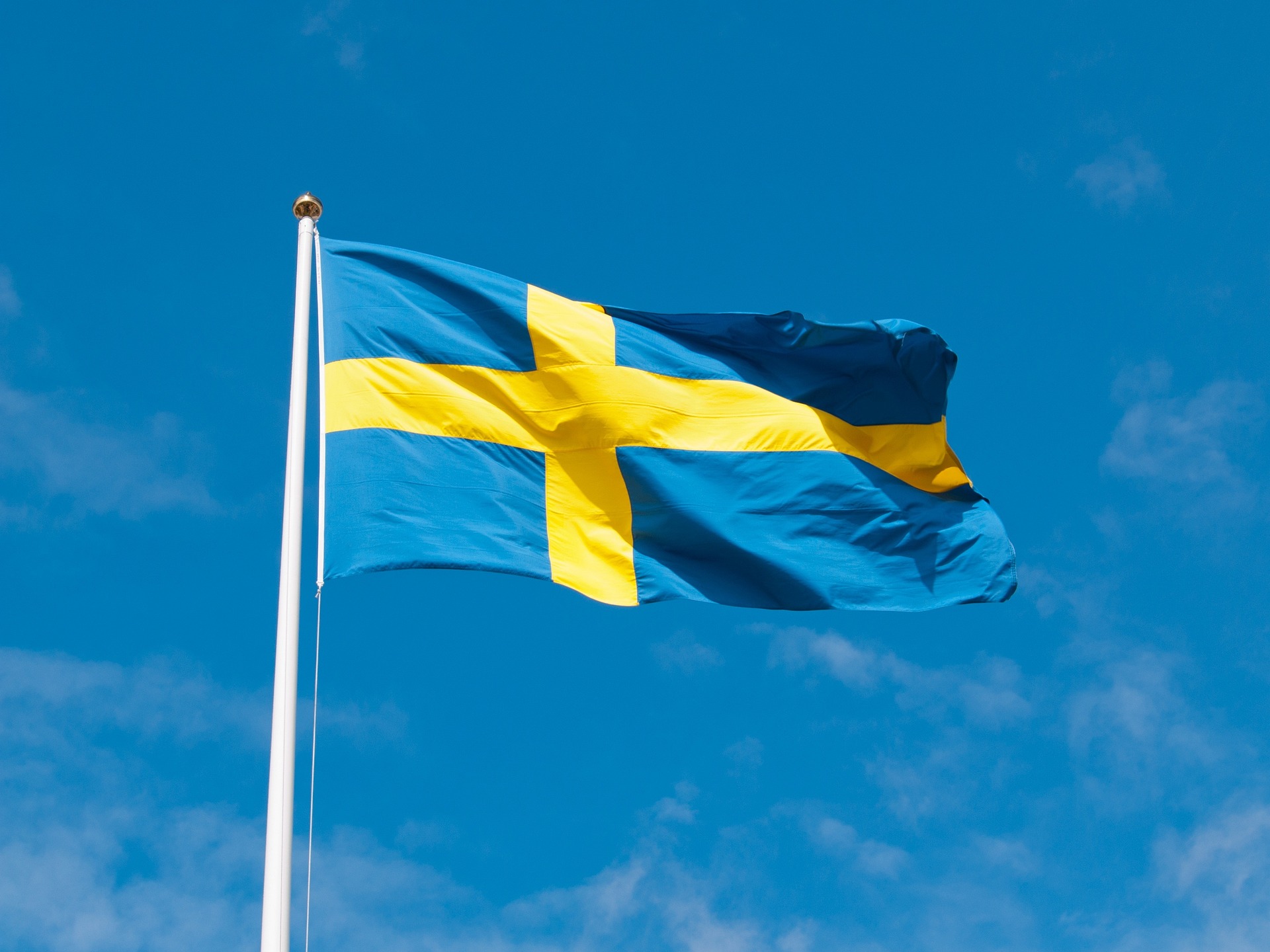Gambling
Sweden channelisation rate at 86% according to Spelinspektionen report

Sweden gambling regulator Spelinspektionen has placed the country’s online channelisation rate at 86%; higher than operator estimates and some way above the previous year’s figure.
Detailed in a new report, the Sweden channelisation rate applies to the online gambling market in 2023.
The latest rate surpasses the 77% Spelinspektionen reported for 2022. It is also above forecasts from several operators local including Aktiebolaget Trav och Galopp, which in March estimated a rate of between 69% and 82%.
Unlicensed turnover hits SEK2.5bn
The regulator estimates black market sites generated SEK2.5bn (£183.5m/€220.2m/$243.3m) in turnover in 2023, compared to SEK17.3bn for licensed operators.
However, estimates are based on the assumption that players are wagering the same amount per visit across both unlicensed and licensed operators, which the regulator itself said may not be the case.
The regulator used several methods to come up with the channelisation rate, with 86% representing the market’s average.
Methods include player surveys from 4000 respondents, where consumers were asked who they gambled online with. Surveys took place between June and July this year.
Some 97% of respondents said they gambled with a licensed operator the last time they played online. In addition, the surveys found 83% of total bets and wagered were with websites approved to run in Sweden.
Licensed websites drew 99% of players betting on sports, as well as 97% of all wagers. There was some differentiation with online casinos, with 96% of players using approved websites and 79% of all wagers made with such sites.
Skin betting a concern for Sweden
Spelinspektionen also processed data on internet traffic taking into account how many visits were reported by licensees. However, one limitation was not being able to measure traffic to all the sites accepting players from Sweden.
Some 73% of all website visits for gambling were to approved domains, compared to 27% for unlicensed sites. However, when excluding skin betting, this rate changed to 84% for approved sites and 16% unlicensed.
Skin betting covers bettors using in-game currencies to bet illegally online, typically to bet on esports.
Splitting this by online casinos and sports betting, 78% of website visits for online casino were to licensed sites. With sports betting, this rate was far higher at 96%, according to the regulator’s data.
Of the unlicensed website visits the regulator was able to identify between January 2023 and May 2024, some 49% were to sites to carry out skin betting. A further 24% were related to commercial online gaming and betting, 20% commercial online gambling and 1% betting, with 6% uncategorised.
Majority of gaming software turnover from licensees
The regulator also said another way to estimate channelisation is to collect data on turnover from gaming software licensees. Some 180 licence-holders were contacted but only 69 were able to detail their activity in Sweden. As such, the Spelinspektionen said it is difficult to assess the data from this method.
H2 data suggests a higher Sweden channelisation rate
Data provided by H2 Gambling Capital was also analysed. While the regulator does not have full insight into H2’s black market coverage, it was able to use some of its data to help determine channelisation rate.
A report H2 put together for Denmark’s regulator estimated Sweden’s channelisation rate was 92%, higher than Spelinspektionen’s estimate.
Data from H2 also said 93% of all online betting turnover came from licensed websites in 2023, with online casino turnover slightly lower at 87%.
Spelinspektionen admits rate could be lower
While the methodology allowed Spelinspektionen to establish an average rate, it acknowledged the rate could be as low as 78%, assuming turnover per visit is twice as much on a black market website compared to a licensed website.
“The degree of channelisation differs between different forms of gambling,” the regulator said. “Betting generally has a higher channelisation rate than online casinos. In addition, we see that a small percentage of players play on websites without a Swedish licence, but that they play for more money than those who play with a license.
“We also see that a large part of the visits to websites without a Swedish licence are visits to websites that offer skin betting.










